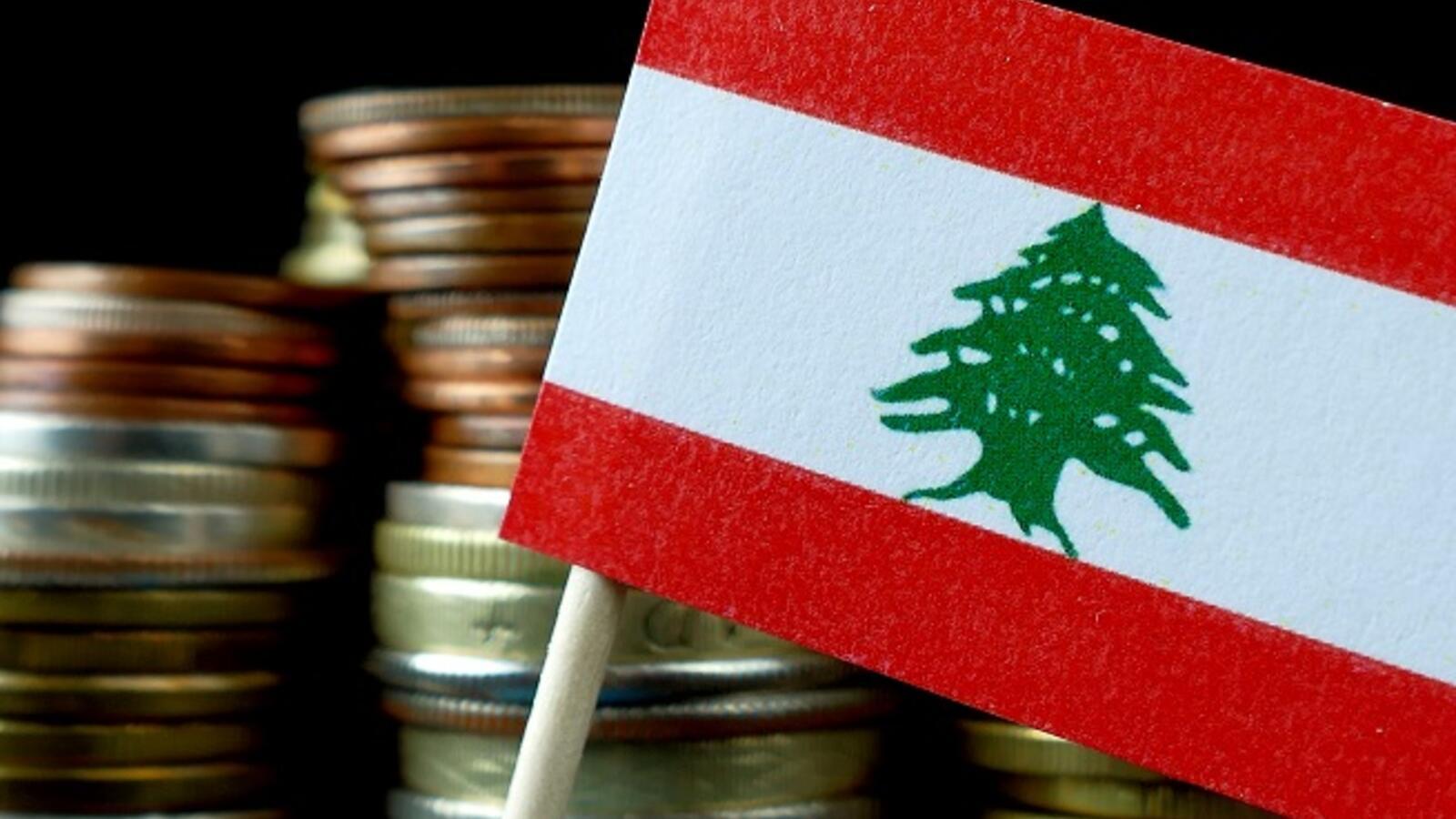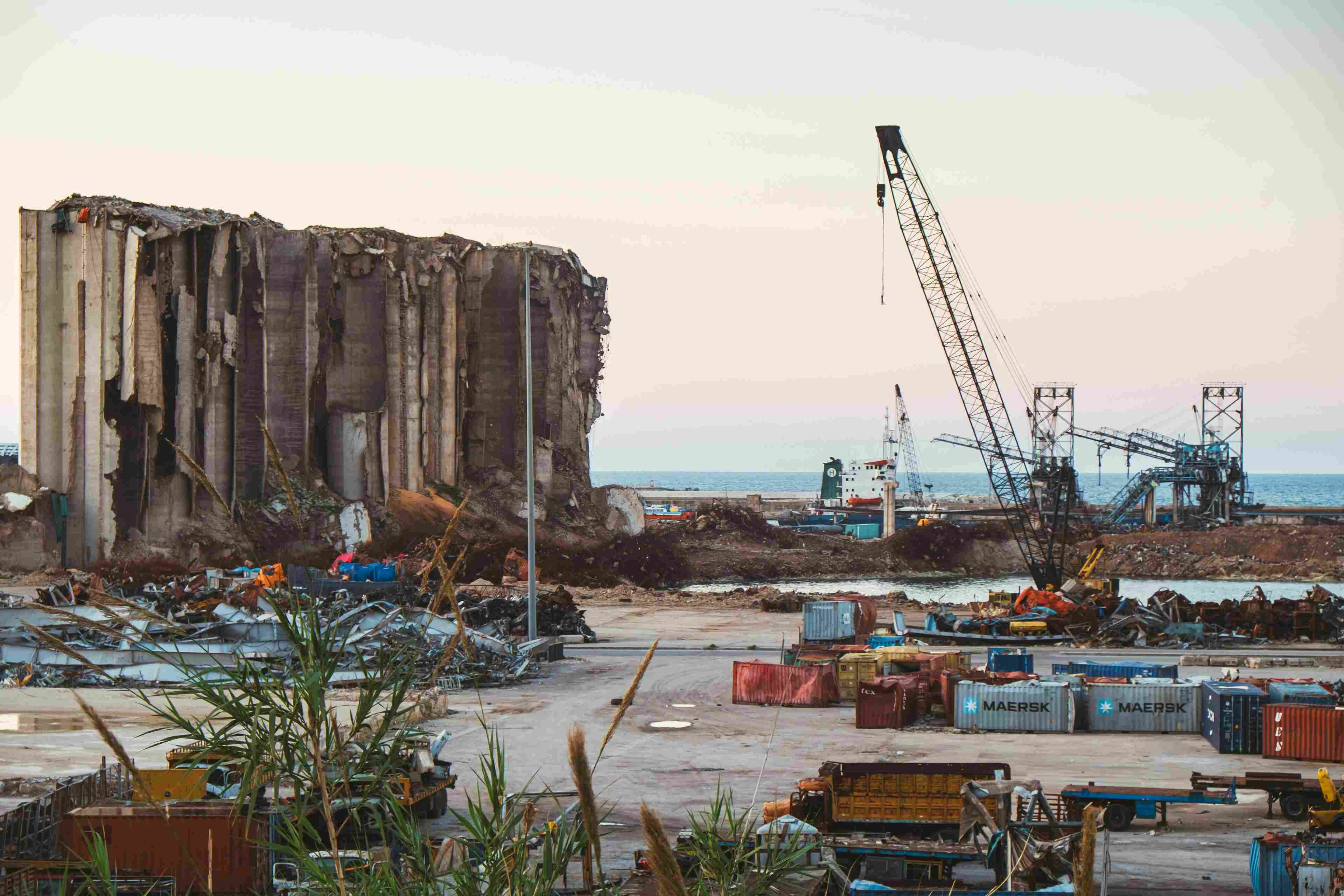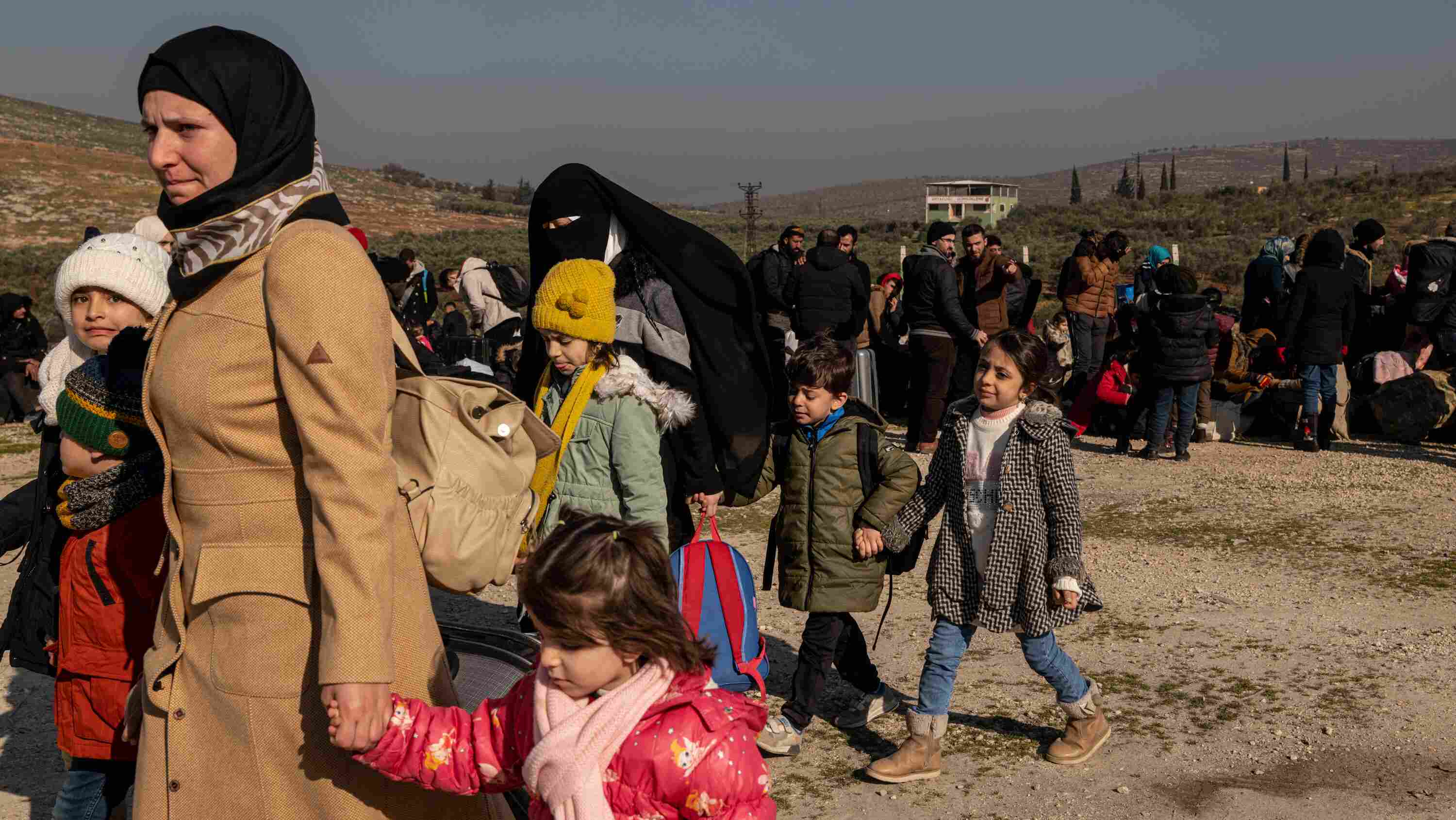
Beirut, Lebanon (Enmaeya News) — After nearly six years of economic turmoil, Lebanon’s new government is signaling renewed hope for recovery. Under President Joseph Aoun and Prime Minister Nawaf Salam, the administration has pledged to implement critical reforms aimed at unlocking international aid, including funding from the International Monetary Fund (IMF).
Economic Crisis Still Deep but Signs of Progress
At the forefront of these efforts is the Ministry of Economy, led by Dr. Amer Bsat, who has introduced a comprehensive strategy to address Lebanon’s deep economic and social challenges. In a recent interview, Bsat described the economy as still being in crisis, far from a healthy state. Structural problems affect every household and sector, including eroding purchasing power, falling production, and a troubled banking system. “We are still in the heart of this crisis, not yet in recovery,” he said.
Despite these difficulties, Bsat expressed cautious optimism. For the first time in years, he said, the government is taking the crisis seriously. Confidence is growing among international partners and local investors, who are beginning to engage in reform efforts. While this is only the beginning, it represents a positive shift that Bsat believes can help change Lebanon’s trajectory.
Challenges and Government Unity
Bsat acknowledged ongoing challenges, including bureaucratic delays and a widespread lack of public trust in government policies. Nevertheless, he said the government team is united and focused on delivering concrete results. Coordination between ministries is improving, with the Ministry of Economy leading efforts to develop a medium-term economic vision extending to 2035. The goal is to build a balanced national strategy that aligns technical expertise with political realities.
Key Priorities for Reform
The ministry’s reform agenda tackles several priority areas. These include protecting consumers through stronger market oversight and price controls, passing and enforcing a competition law to prevent monopolies and encourage fair pricing, and supporting the private sector by improving business regulations, establishing a one-stop shop for investors, and promoting partnerships between public and private sectors. Other key areas involve reforming the insurance sector, upgrading grain storage facilities to ensure food security, and revitalizing the Rashid Karami International Fair in Tripoli as an economic and tourism hub.
IMF Negotiations and National Interests
Negotiations with the IMF remain ongoing. Bsat stressed that any agreement must prioritize Lebanon’s national interests, rejecting externally imposed conditions that could harm the economy or the people. The process is complex and requires political, legislative, and economic reforms before a deal can be reached.
Inflation and Structural Economic Challenges
On the issue of inflation, Bsat pointed to structural causes. Lebanon’s heavy reliance on imports and high production costs—especially electricity prices that far exceed those in neighboring countries—continue to drive prices up despite some currency stabilization. The ministry has intensified market inspections and is preparing tougher penalties to combat price gouging and hoarding.
Outlook for Recovery
Bsat expressed confidence that, with sustained reforms, Lebanon can double the size of its economy over the next decade and regain its regional standing. “Recovery won’t happen overnight,” he said, “but we are on the right path.” The government aims to turn current challenges into opportunities by leveraging international and regional support.
Handling Depositors’ Funds
Regarding the sensitive issue of depositors’ funds, Bsat explained that the Ministry of Finance and the central bank primarily manage this file, with the Ministry of Economy playing a coordinating role. He outlined a three-phase approach: achieving transparency through banking secrecy reforms, implementing legal changes to prevent future crises, and developing a fair plan to resolve the current depositors’ losses.
“The crisis will end,” Bsat concluded, “and the new government’s commitment to transparency is slowly but surely becoming evident to the Lebanese people.”





